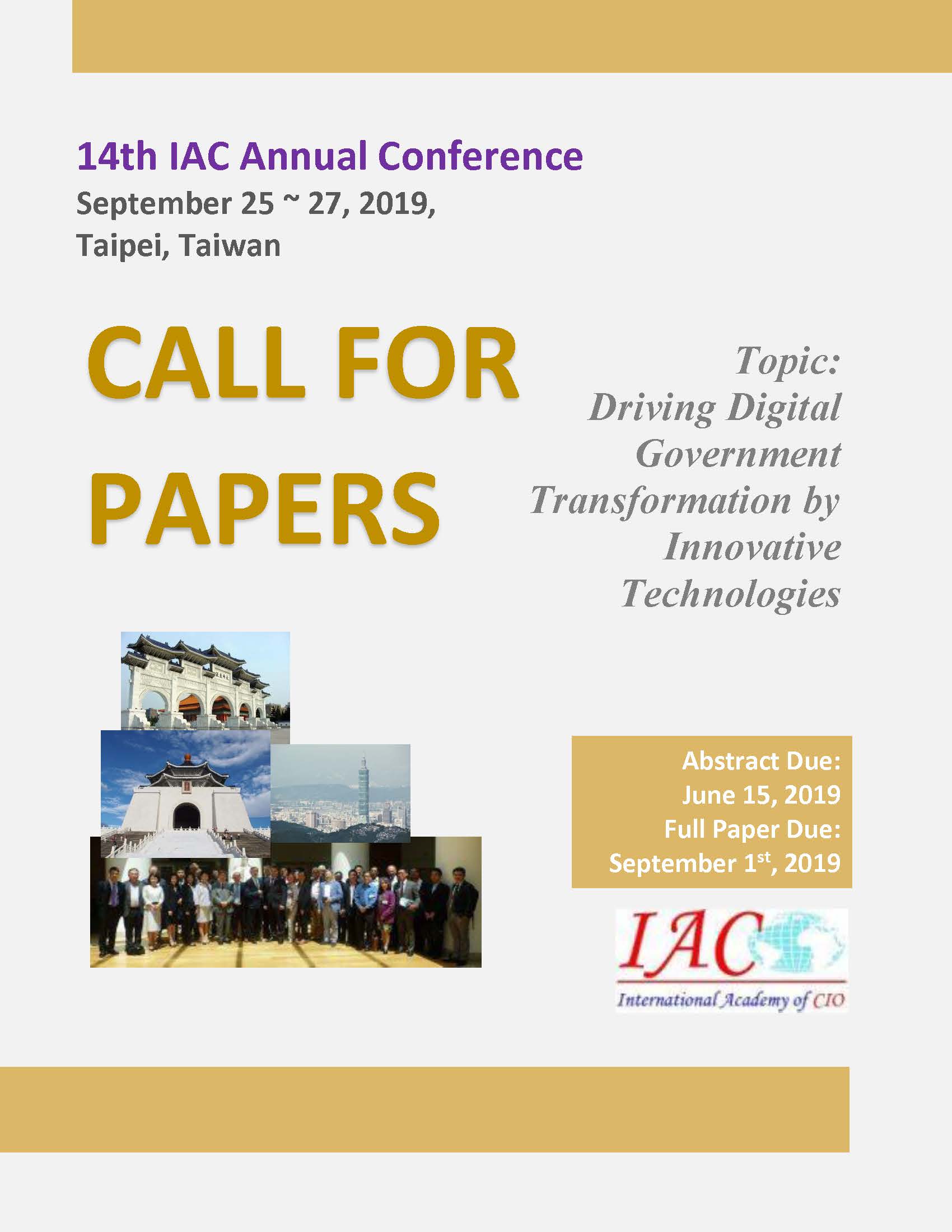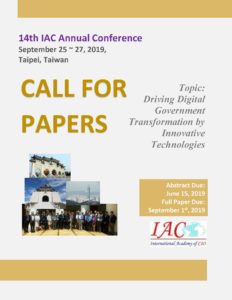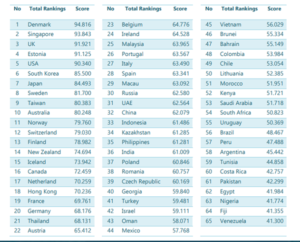Please Join us for The George Mason University Cybersecurity Innovation Forum
As with previous events, the Forum will consist of a series of 15-20 minute case study presentations by cybersecurity experts and technology innovators followed by a Q&A.
The focus of the meetings is on cybersecurity innovation including innovation rationale and motivation, technology, metrics, and lessons learned.
We are excited to announce our speakers will be:
- Heather Dahl, Co-Founder and CEO of Indico.tech
- Jamil Jaffer, Founder & Executive Director, National Security Institute; Director, National Security Law & Policy Program; Assistant Professor of Law, George Mason University
Heather C. Dahl is the co-founder and CEO of Indico.tech. Through her vision and leadership, Indicio has become a global leader in decentralized identity, launching a blockchain-based distributed network on five continents, creating the first implementation of a complete ecosystem for sharing privacy-preserving digital health credentials, which was donated to Linux Foundation Public Health for use by public health agencies across the world, and developing a series of innovations in software to manage identity and data sharing.
For more information: https://indicio.tech/heather-c-dahl-biography/
Jamil Jaffer – Founder & Executive Director, National Security Institute; Director, National Security Law & Policy Program; Assistant Professor of Law, George Mason University
Jamil currently serves as Founder and Executive Director of the National Security Institute and as an Assistant Professor of Law and Director of the National Security Law & Policy Program at the Antonin Scalia Law School at George Mason University, where he teaches classes on counterterrorism, intelligence, surveillance, cybersecurity, and other national security matters, as well as a summer course in Padua, Italy with U.S. Supreme Court Justice Neil M. Gorsuch. Jamil is also affiliated with Stanford University’s Center for International Security and Cooperation and previously served as a Visiting Fellow at the Hoover Institution from 2016 – 2019.
For more information: https://www.law.gmu.edu/faculty/directory/fulltime/jaffer_jamil_n
Please RSVP Here – https://www.eventbrite.com/e/george-mason-university-cybersecurity-innovation-forum-registration-166169041075
Follow us on Twitter @MasonCyber for more up-to-date discussions on cybersecurity and innovation.
George Mason University’s (GMU) Volgenau School of Engineering’s CARE and School of Business sponsor the events.
The Cybersecurity Innovation Forum Series is generously supported by Accenture.


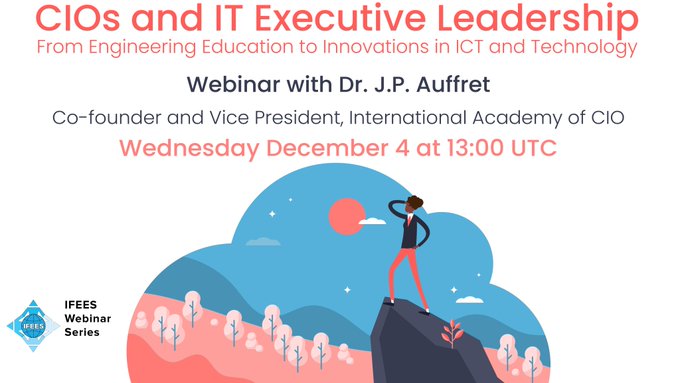



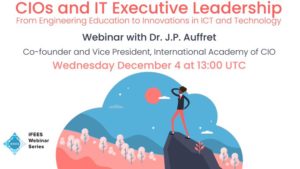 This
This 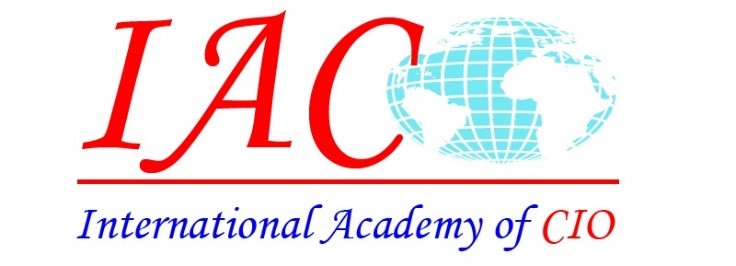
 Technology Leadership and Policy in the Age of AI, Blockchain, Robotics and 5G
Technology Leadership and Policy in the Age of AI, Blockchain, Robotics and 5G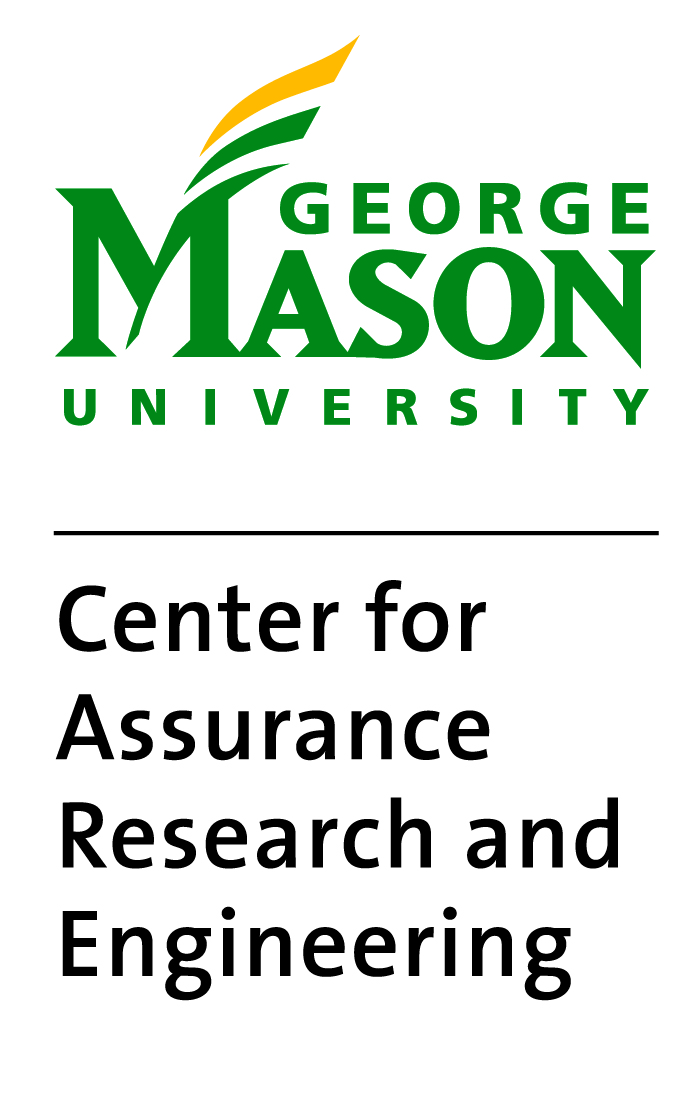
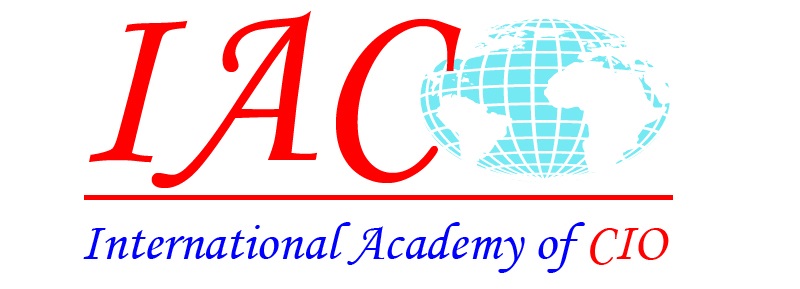
 As with previous International Academy of CIO (IAC) conferences, the Conference will address the potential and challenge of new technologies and applications to major world challenges such as ICT and natural disasters and major world trends including ageing society and urbanization. The IAC Conference continues to bring together government, private sector and academia participants to discuss and exchange ideas and best practices on ICT leadership and governance in light of rapidly changing technology.
As with previous International Academy of CIO (IAC) conferences, the Conference will address the potential and challenge of new technologies and applications to major world challenges such as ICT and natural disasters and major world trends including ageing society and urbanization. The IAC Conference continues to bring together government, private sector and academia participants to discuss and exchange ideas and best practices on ICT leadership and governance in light of rapidly changing technology.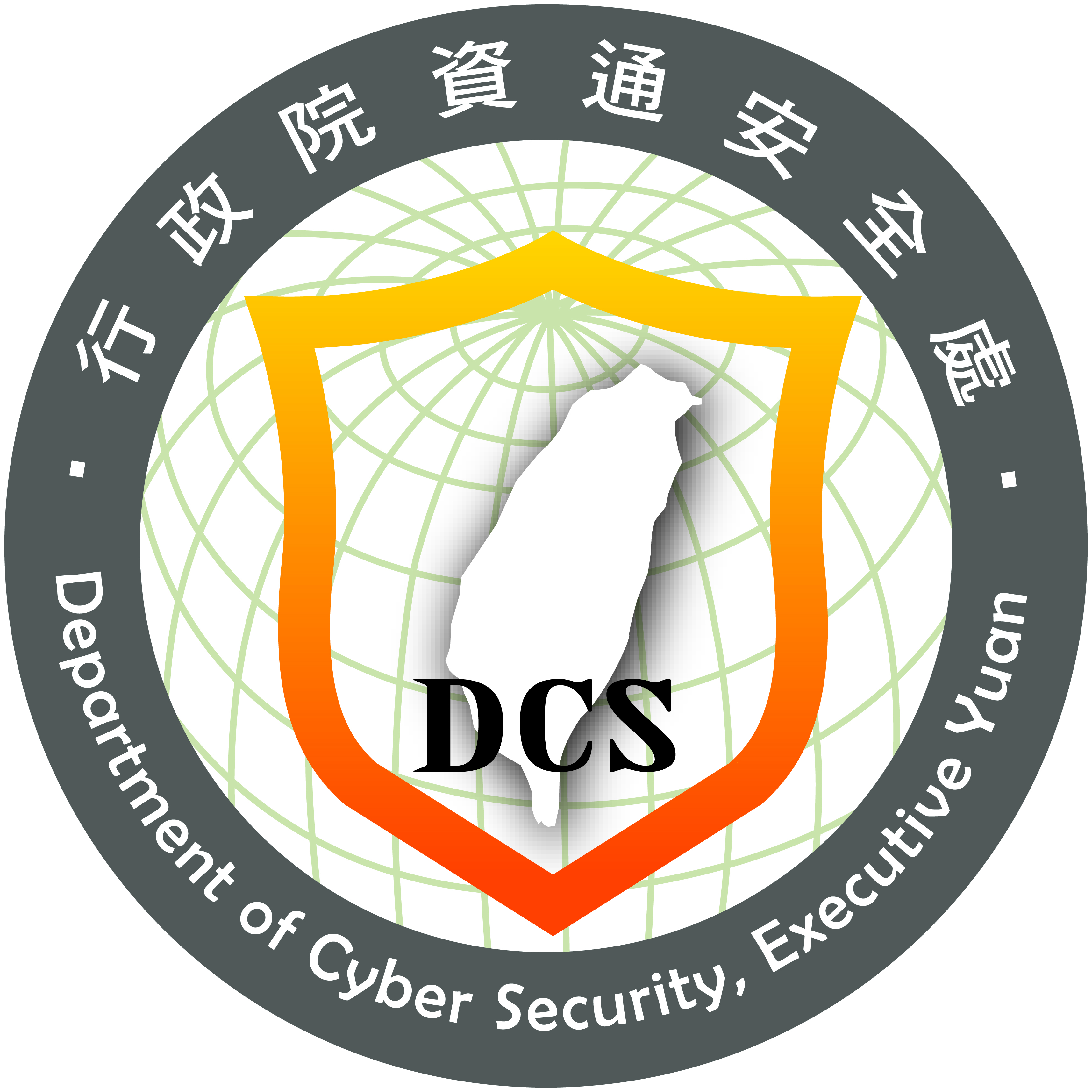
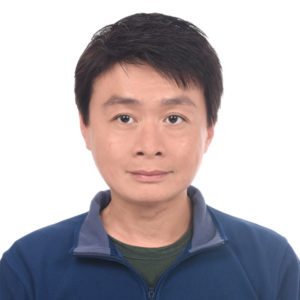 On January 1, 2019, Taiwan’s executive branch of government began implementing the Cyber Security Management Act which was enacted by the President on June 6, 2018 and passed by the Legislative Yuan in May 2018. Chih Ho Chou’s time at Mason will contribute to his work on this task force implementing the Act. He will also study, review, compare, and contrast U.S. and Taiwan strategies and approaches to cybersecurity governance related the Act which he must implement. In addition, he will research the cybersecurity strategy and laws in the U.S., and try to compare with Taiwan.
On January 1, 2019, Taiwan’s executive branch of government began implementing the Cyber Security Management Act which was enacted by the President on June 6, 2018 and passed by the Legislative Yuan in May 2018. Chih Ho Chou’s time at Mason will contribute to his work on this task force implementing the Act. He will also study, review, compare, and contrast U.S. and Taiwan strategies and approaches to cybersecurity governance related the Act which he must implement. In addition, he will research the cybersecurity strategy and laws in the U.S., and try to compare with Taiwan.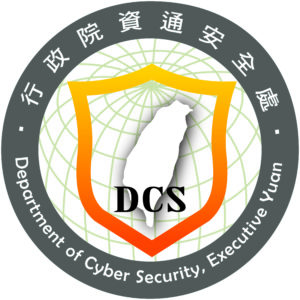
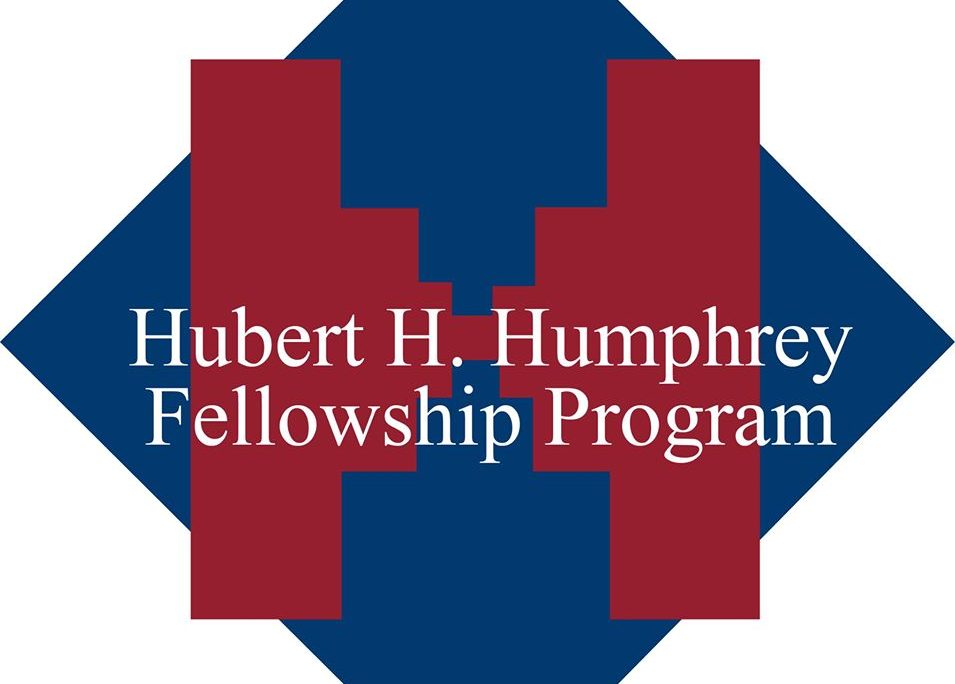

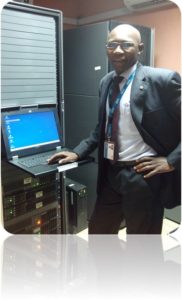

 The following article was submitted by Malek Ben Salem, PhD, Cybersecurity Senior Manager, Accenture Labs about Adversarial AI. Accenture generously supports our Cybersecurity Innovation Forum series, an evening, and speaker event with cybersecurity experts and tech innovators four times a year, sponsored by Volgenau’s CARE center and the School of Business at George Mason University.
The following article was submitted by Malek Ben Salem, PhD, Cybersecurity Senior Manager, Accenture Labs about Adversarial AI. Accenture generously supports our Cybersecurity Innovation Forum series, an evening, and speaker event with cybersecurity experts and tech innovators four times a year, sponsored by Volgenau’s CARE center and the School of Business at George Mason University.